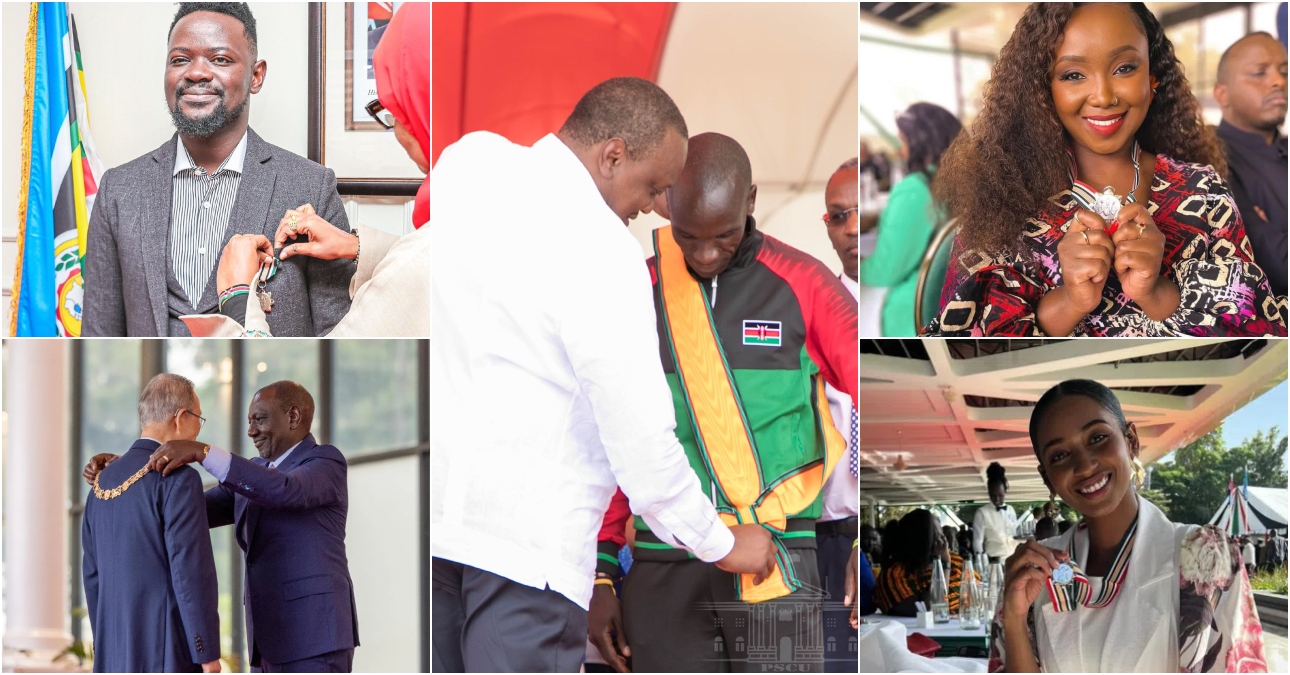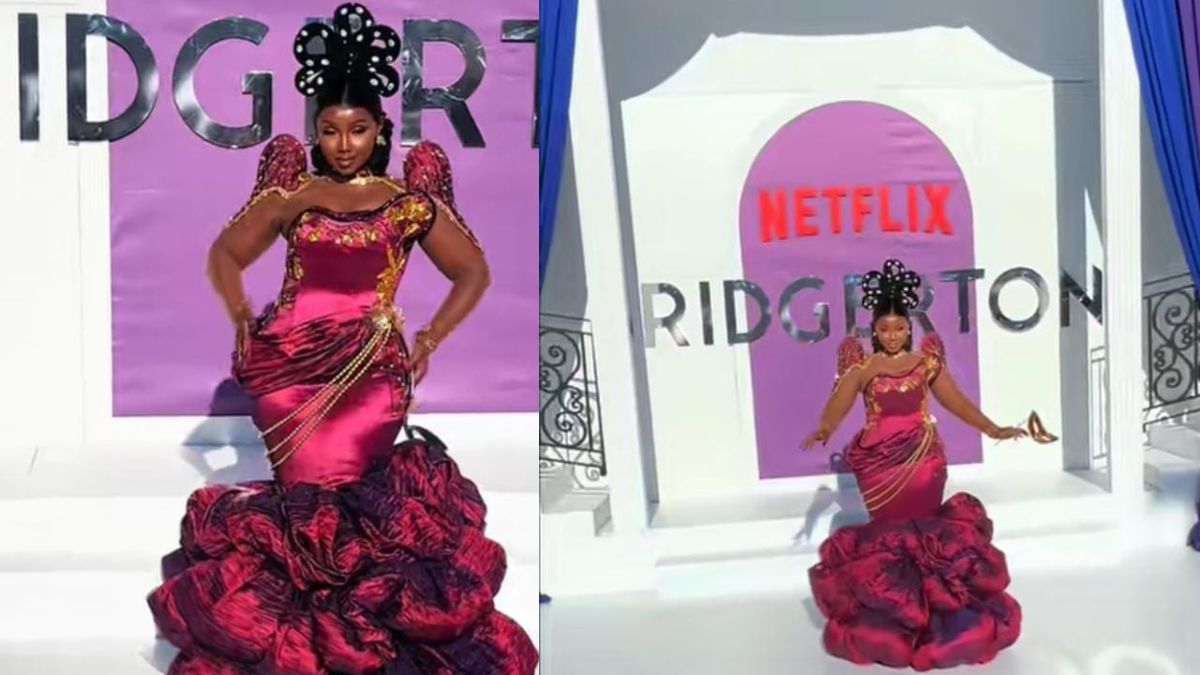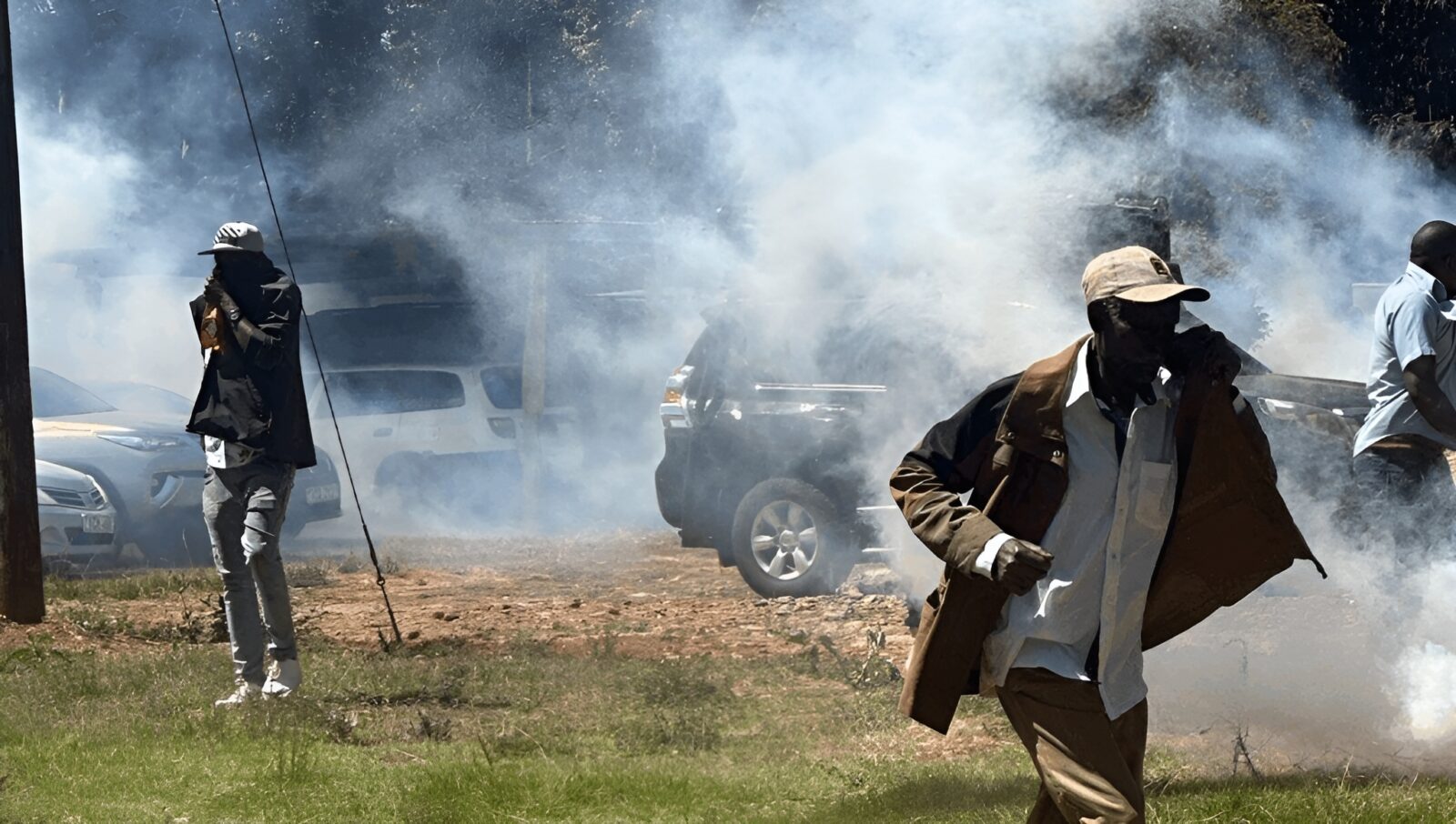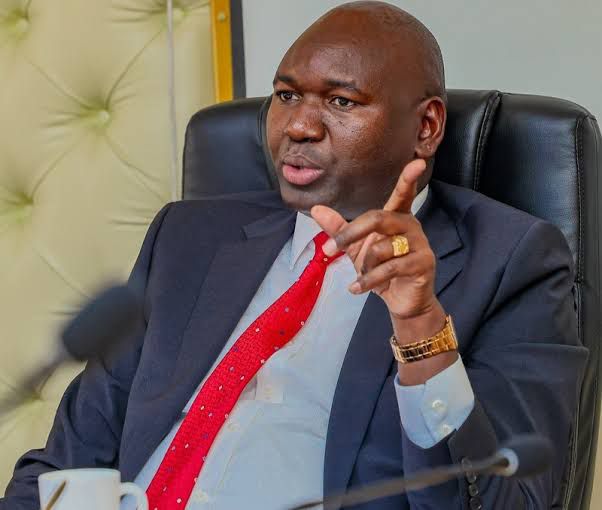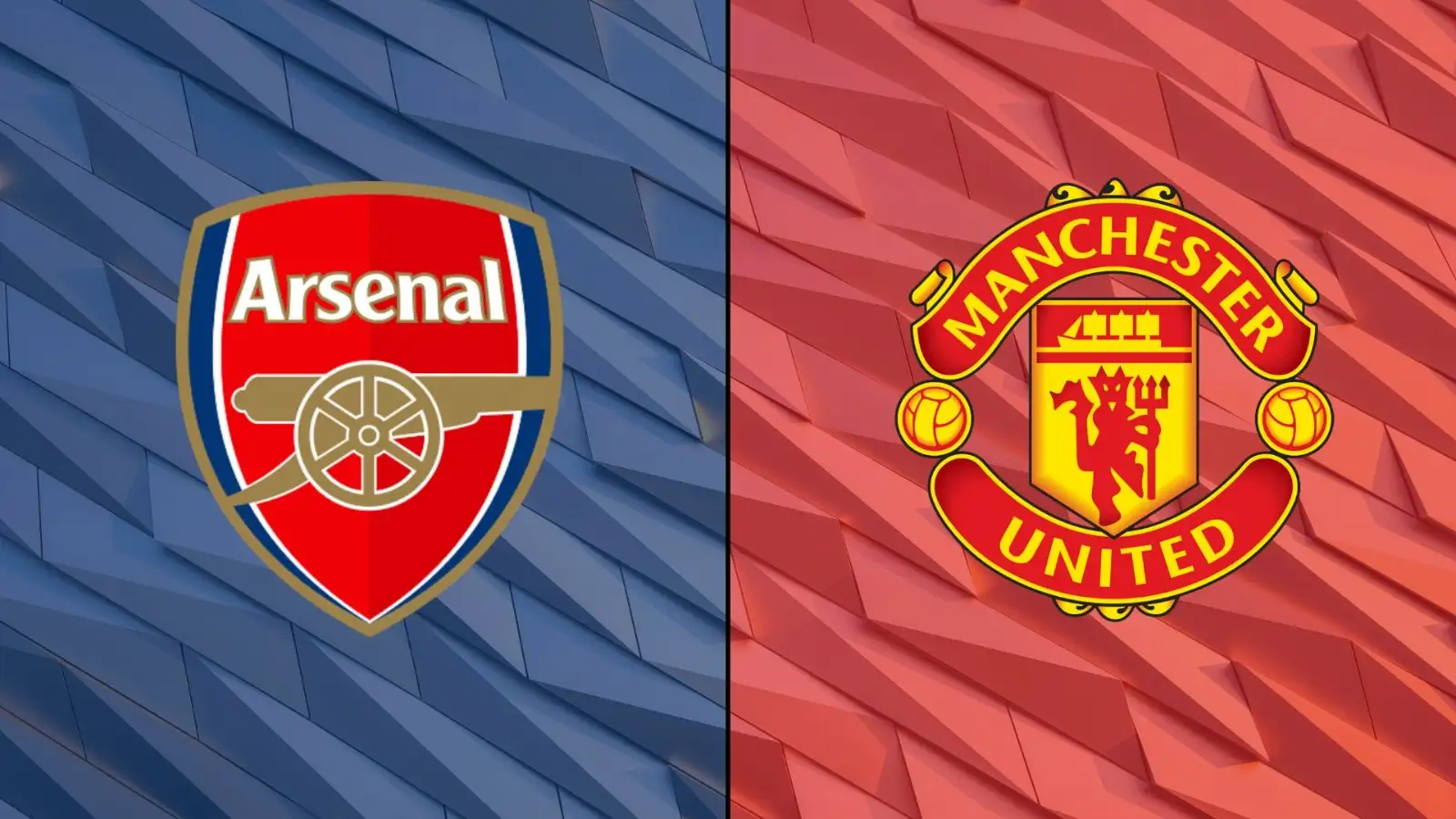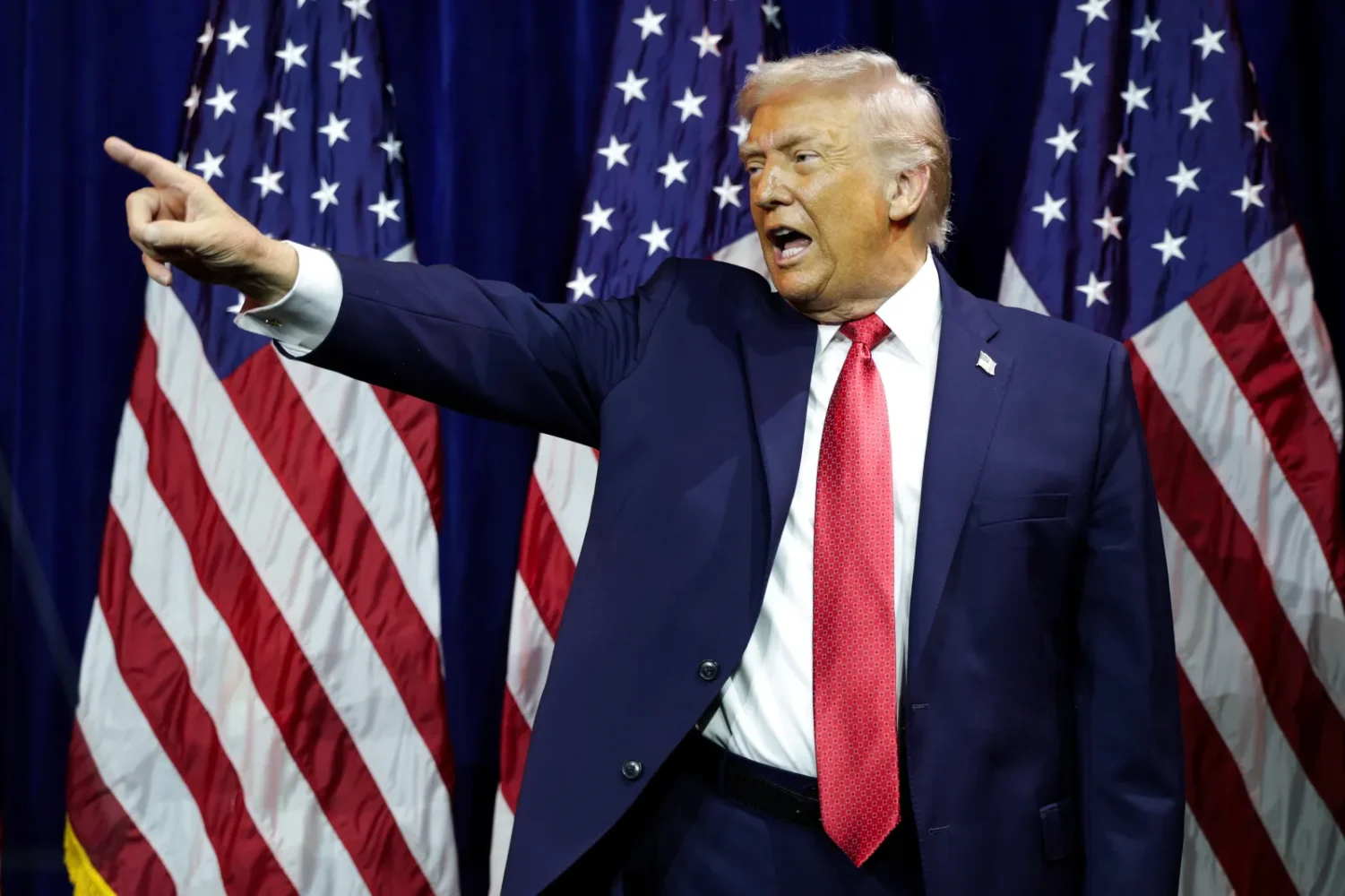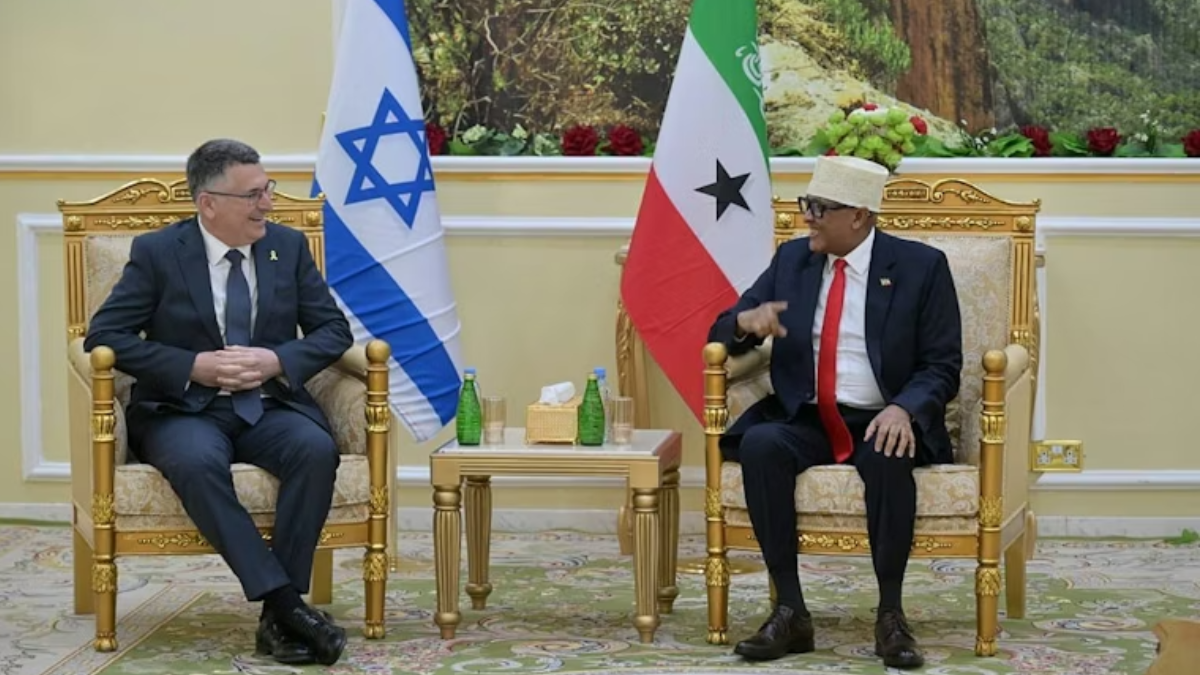Every year, the nation watches as the President of Kenya bestows prestigious national honours upon distinguished citizens.
An invitation to State House, a gleaming medal, a handshake from the Head of State, and a mention in the Kenya Gazette for many, this is the pinnacle of civilian recognition. But beyond the fanfare, what do these awards truly mean for the recipients?
We break down the significance of Kenya’s highest civilian awards, reveal their legal backing, and clarify what really changes for those who receive them.
Honour, Not Handouts: The National Honours Act, 2013
Presidential awards are granted under the authority of the National Honours Act of 2013. This critical piece of legislation establishes the legal and procedural framework for recognizing citizens who have demonstrated outstanding service, patriotism, heroism, or leadership.
Crucially, the Act defines the structure and precedence of these honours, but it’s important to note: there are no financial rewards, allowances, or special privileges legally attached to receiving a national honour. The Act does not prescribe any specific monetary benefits for recipients.
“The primary purpose of these awards is to recognise and celebrate exceptional contributions to the nation, not to provide material gain,” explains a legal expert familiar with the Act. “It’s the nation’s highest form of gratitude.”
The Prestigious Ranks: A Hierarchy of National Esteem
The awards are structured in a clear order of precedence, signifying their level of distinction:
1. The Order of the Golden Heart of Kenya (OGH)
This is the highest and most distinguished order in the country, awarded for exceptional and exemplary contributions.
Chief of the Order of the Golden Heart (C.G.H.)
The highest class, often reserved for visiting Heads of State and held by the Kenyan President as the Grand Master. Notably, Raila Amolo Odinga was posthumously awarded the C.G.H. for his enduring legacy and contributions to Kenya’s democratic space and national development.
Other distinguished civilian recipients include His Highness the Aga Khan, recognized for his extensive contributions through the Aga Khan Development Network.
Elder of the Order of the Golden Heart (E.G.H.)
This is often the highest honour a civilian can typically receive. World marathon record holder Eliud Kipchoge was awarded the E.G.H. by President Uhuru Kenyatta after becoming the first human to run a marathon in under two hours.
Prominent EGH holders
- Francis Ogolla: Former Chief of Defence Forces
- Felix Koskei: Head of Public Service
- Wavinya Ndeti: Governor of Machakos County
- Jonathan Bii: Governor of Uasin Gishu County
- Susan Kihika: Governor of Nakuru County
- Eliud Kipchoge: Marathon runner, for breaking the two-hour marathon barrier
- Faith Kipyegon: World-record-holding athlete
- Raila Odinga: Former Prime Minister of Kenya
- Yoweri Museveni: President of Uganda
- Ellen Johnson Sirleaf: Former President of Liberia
- Akinwumi Adesina: President of the African Development Bank
- Syedna Mufaddal Saifuddin: 53rd Da’i al-Mutlaq of the Dawoodi Bohra
Moran of the Order of the Golden Heart (M.G.H.): The third class in this order.
2. The Order of the Burning Spear (OBS)
The second-highest honour, awarded to civilians who have demonstrated outstanding merit and distinguished service in various fields, including public service, academia, the arts, and sports.
- Chief of the Order of the Burning Spear (C.B.S.)
- Elder of the Order of the Burning Spear (E.B.S.)
- Moran of the Order of the Burning Spear (M.B.S.): This honour is widely conferred. The late Professor Wangari Maathai, a Nobel Peace Prize laureate, was a holder of this award for her pioneering environmental conservation work. Prominent journalists and media personalities have also been recipients for their contributions to public discourse.
3. The Order of the Grand Warrior of Kenya (O.G.W.)
Conferred upon individuals in recognition of their selfless and dedicated service to the nation. It often honours those who have gone beyond their ordinary duties in a remarkable way.
A poignant example is the late Salah Farah, a teacher who posthumously received the O.G.W. for his heroic act of shielding Christians during a terrorist attack in Mandera.
4. Head of State’s Commendation (H.S.C.)
With both a military and a civilian division, the H.S.C. recognizes commendable service to the country. It is a significant honour for individuals from all walks of life, including community organizers, entrepreneurs, and public servants who have made a notable impact.
So, What Really Changes for a Recipient?
While presidential awards may not come with a monetary prize, their significance lies in their profound symbolic value:
- The Honour of Recognition: This is the foremost benefit formal public recognition from the Head of State for outstanding contributions, serving as a permanent mark of national esteem.
- Post-nominal Letters: Recipients earn the right to use designated initials after their name (e.g., Jane Doe, E.G.H.), signifying their status as a national honouree in formal contexts.
- Order of Precedence: The award places an individual in the national order of precedence, a mark of distinction that is largely ceremonial for a private citizen but remains subject to protocol at state functions. It does not, for example, grant them the right to a diplomatic passport or a state funeral, though such honours may be granted separately.
- Inspiration and Stature: The award significantly elevates a recipient’s public and professional profile, acting as an authoritative endorsement that can open doors to new opportunities and partnerships. It publicly affirms the values Kenya champions: integrity, sacrifice, innovation, and an unwavering commitment to the republic.
Notable Kenyan Recipients of Presidential Honours
Kenya’s history is dotted with individuals who have been recognized for their invaluable contributions. Here’s a glimpse of some notable Kenyans and the honours they have received:
- Raila Amolo Odinga: C.G.H. (Posthumous)
- His Highness the Aga Khan: C.G.H.
- Eliud Kipchoge: E.G.H. (for sporting excellence)
- Professor Wangari Maathai: M.B.S. (for environmental conservation and peace)
- Salah Farah: O.G.W. (Posthumous, for heroism)
- Dr. Githinji Gitahi: E.B.S. (for public health leadership)
- Dr. Patrick Amoth: C.B.S. (for public health leadership during COVID-19)
- Ambassador Amina Mohamed: E.G.H. (for distinguished public service and diplomacy)
- Dr. Evans Kidero: E.B.S. (former Nairobi Governor)
- Many prominent journalists and media personalities: M.B.S. (for contributions to public discourse)
- Various community organisers, teachers, and dedicated civil servants: O.G.W., H.S.C. (for selfless service at grassroots levels)
While a presidential award may not fill your bank account, its true value lies in its indelible inscription in the annals of Kenyan history a powerful declaration of national gratitude and an inspiration to all.


